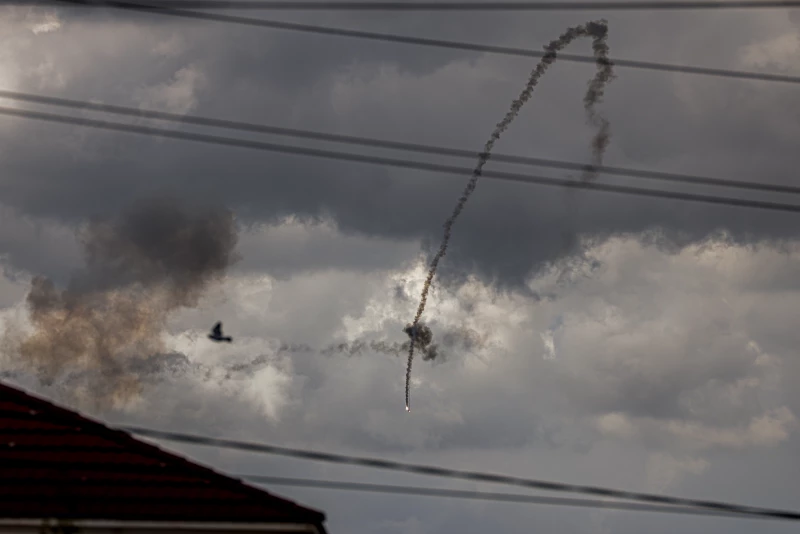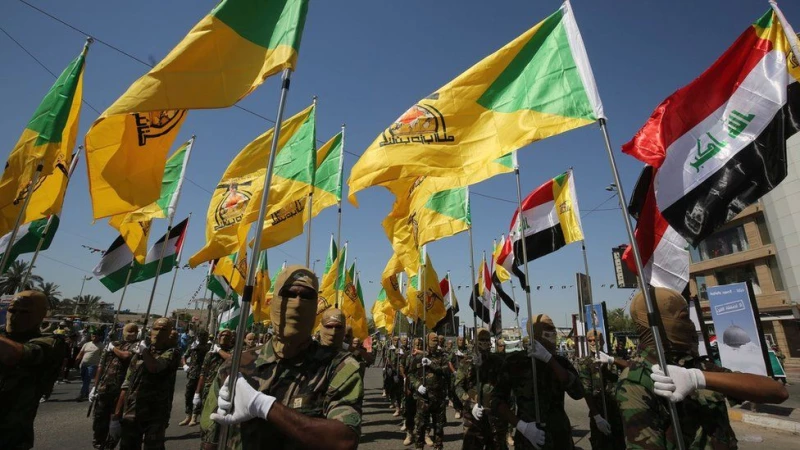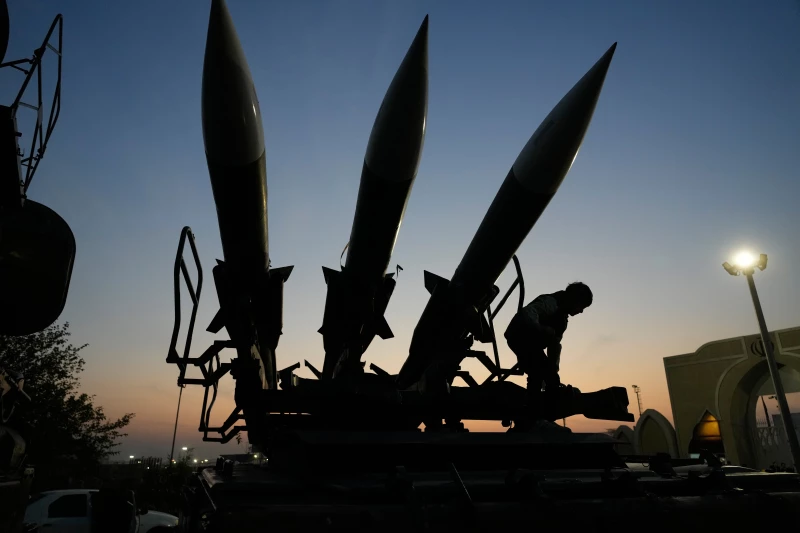Prime Minister Mohammed Shia' al-Sudani is scheduled to visit the United States next Monday to address various pressing matters, including concerns related to the dollar-dinar exchange rate, energy, and challenges encountered by American firms operating in the Kurdistan Region.
The United States wields considerable sway over the Iraqi economy through its control of Iraqi oil sales. Funds are deposited into an account at the Federal Reserve Bank of the United States, with current holdings surpassing $100 billion. This influx follows improved oil prices in the global market, driven in part by Russia-Ukraine and Gaza-Israel conflicts.
The United States has imposed a ban on 32 private Iraqi banks, representing 57 percent of the banking sector, prohibiting them from utilizing the dollar in their day-to-day transactions.
According to exclusive statements from informed sources, the Iraqi delegation, headed by Sudani, will seek ongoing assistance from the United States for the maintenance of F16 aircraft and Abrams tanks through a security agreement between the two nations.
Al-Sudani must convince his allies of the urgency of ensuring security for these advisers. The United States aims for Iraq to block the flow of dollars to Iran and seeks stronger guarantees for the reinstatement of banned banks, particularly given the presence of several experts on this matter within the delegation.
The Central Bank of Iraq has managed to bolster American confidence by curbing the smuggling of dollars from Iraq to Iran, Syria, and Russia. This was achieved through a series of new decisions and measures aimed at financing Iraq's foreign trade and restricting the use of bank cards outside the country.
The sources clarified that Washington will urge Sudani to halt government funding to factions designated as terrorist organizations and prevent the flow of dollars to them. It is worth noting that the government currently allocates $3 billion annually to the Popular Mobilization Forces (PMF).
It has been indicated that the United States will reiterate its call for Iraq to address the matter of Iranian gas and electricity imports, strive for the independence of Iraq's energy sector, and engage in discussions regarding the recent agreement with Iran for a five-year gas import deal.
According to sources, discussions between Iraq and the United States will encompass oil-related issues between Erbil and Baghdad, with Baghdad being urged to hasten the resolution of disputes and fulfill the financial obligations owed to American oil companies operating in the region.
In the Kurdistan Region, over 18 American companies are active across various sectors, including energy.
Meanwhile, Mohammed al-Najjar, the head of the Iraqi Development Fund, told The New Region that the visit holds economic significance, focusing on bolstering cooperation in energy, banking, and other sectors.
He added that “Iraq aims to broaden the scope of operations for American companies and intends to finalize agreements with the United States in the realms of gas and electricity generation.”
Qasim al-Araji, the National Security Advisor, in a meeting with journalists, asserted that the governments of Baghdad and Erbil share aligned views on the withdrawal of the global coalition from Iraq.
However, Iraqi Minister of Construction and Housing, Bangin Rekani, while attending the same meeting, dismissed this notion, stating that the Security Council in Kurdistan highlighted the ongoing threat of ISIS in Iraq.
Baghdad and Erbil have divergent views on the continued presence of the global coalition in Iraq. While the Prime Minister's advisors advocate for their withdrawal, Erbil holds the opposite stance. The threat posed by ISIS persists, notably evidenced by the US Central Command's announcement of 94 joint operations against ISIS during the first quarter of this year.

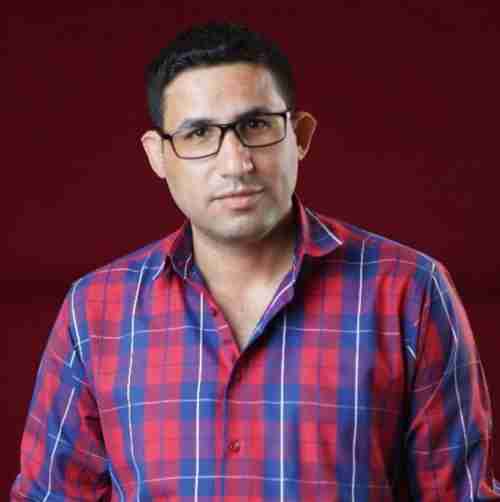
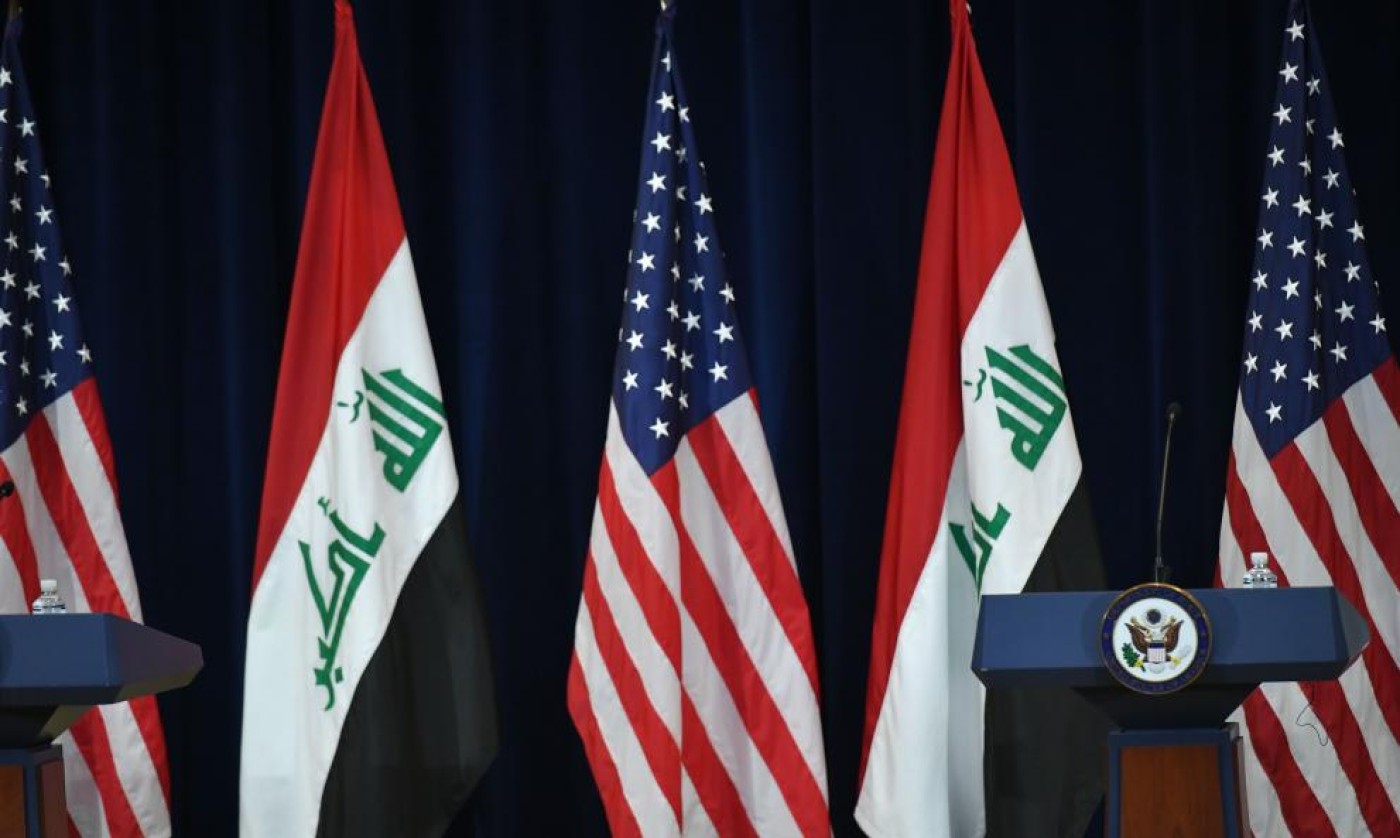
 Facebook
Facebook
 LinkedIn
LinkedIn
 Telegram
Telegram
 X
X
